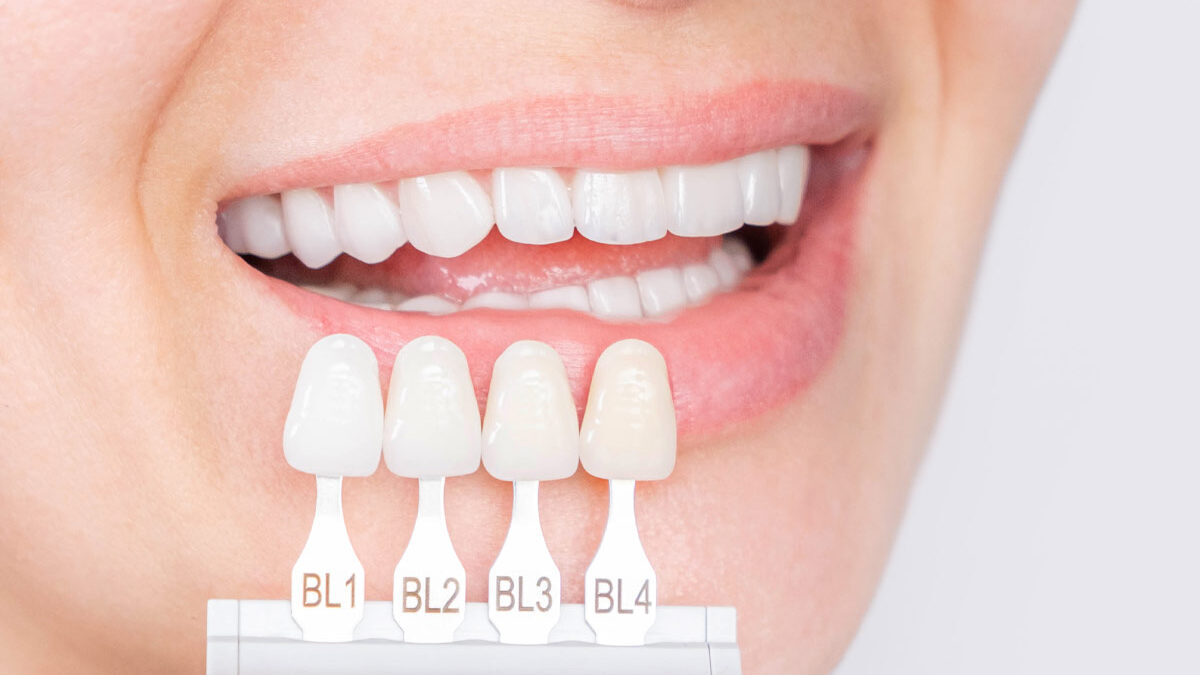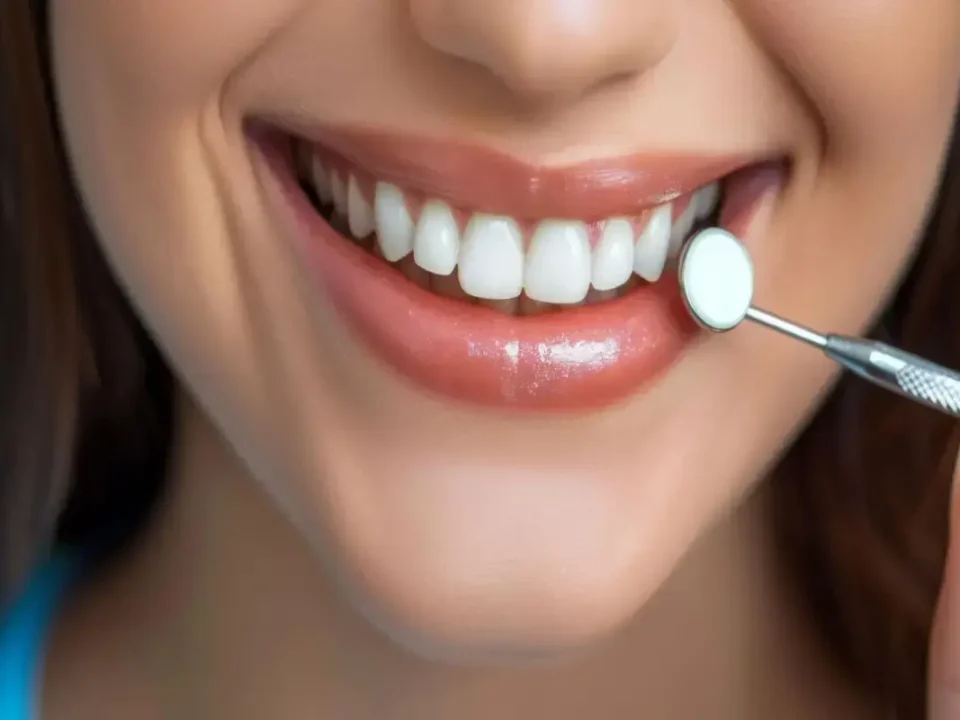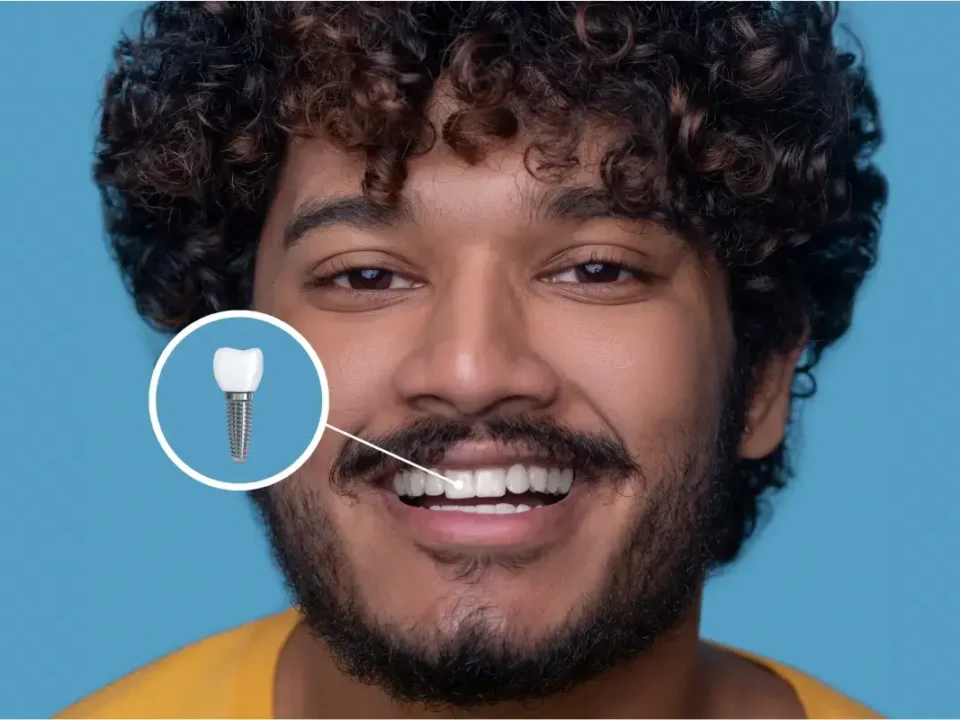What’s The Difference Between Veneers and Lumineers?

Is Invisalign a Good Choice For Teenagers?
July 24, 2025
Can Teeth Gaps Be Closed With a Composite Filling?
July 31, 2025Many people want to fix their smile but feel unsure about choosing between veneers and lumineers. They look similar but work differently. Veneers are thicker and need more toothwork. Lumineers are thinner and need little to no prep. They also differ in cost, how long they last, and how they look. Here we tell you all about dental lumineers vs veneers.
Table of Contents
ToggleWhat Are Veneers?
Veneers in Kirkland thin shells that cover the front part of the teeth. They help fix issues like discoloration, cracks, or spaces between teeth. The dentist shapes the tooth and removes a small layer of enamel before placing the veneer. When comparing dental Lumineers vs veneers, veneers are more permanent and last longer with proper care.
What Are Lumineers?
Lumineers are a special type of veneer. The dentist places them on the teeth without removing enamel in most cases. They are less invasive and feel more gentle on the tooth. Lumineers work well for people who want small changes.
5 Differences Between Veneers and Lumineers
There are five main differences when looking at dental lumineers vs veneers. Let’s see the main differences together:
Cost
Veneers usually cost more than lumineers because they need more work on the tooth and use thicker material. The best dentist Kirkland removes some enamel before placing veneers, which takes more time and skill. Lumineers cost less in most cases because they go on with little or no prep. Even though lumineers are cheaper at first, they may not last as long as veneers.
Durability And Longevity
Durability is very important when choosing between dental lumineers vs veneers. Veneers last 10 to 15 years or even longer when the patient follows good dental care. They resist stains and damage better than lumineers. Lumineers are thinner and can chip more easily. They last about 5 to 15 years. The strength of veneers makes them a better choice for people who need a long-lasting result.
Aesthetics
In the topic of dental lumineers vs veneers, veneers cover heavy stains and cracks better. They are thicker and can fully change the shape and shade of the tooth. Lumineers are better for people who already have healthy-looking teeth but want to brighten or adjust them slightly. They may not fully hide darker teeth since they are very thin.
Materials
Dentists make veneers from porcelain or resin. Porcelain is stronger and lasts longer, while resin may cost less. Lumineers are made only from a special kind of ultra-thin porcelain. When thinking about dental Lumineers vs veneers, veneers give more material options. The dentist helps pick the right one based on the tooth’s condition and the goal of the treatment.
Candidates
Not every person can get veneers or Lumineers. Veneers work better for people who have deep stains, cracks, or major cosmetic problems. They are also best when the tooth needs reshaping. Lumineers fit people with healthy teeth who want small cosmetic fixes without changing the tooth surface.
Are Dental Lumineers Better Than Veneers?
Each option works well in the right case. Dental lumineers vs veneers is not about which one is better for everyone. Veneers offer more strength, cover more problems, and last longer. Lumineers are easier to place and keep more of your natural tooth untouched. The dentist helps decide which one fits based on your smile goals, tooth shape, and how much change is needed.
Let’s Recap
Dental lumineers vs veneers is an important choice for people who want to improve their smile. Veneers fix larger problems and stay strong for many years. Lumineers offer a lighter change and feel less invasive. Both help improve appearance, but the better choice depends on tooth health, desired result, and budget. Speak with a skilled dentist to understand which treatment gives the right outcome for your smile.
FAQs
How Long Do Dental Lumineers Last?
Lumineers usually last between five and fifteen years depending on care.
How Much Does It Cost To Get Lumineers?
The price for lumineers can change based on where you go and how many teeth you want to treat.
Do Celebrities Get Veneers Or Lumineers?
Many celebrities get veneers because they last longer and give a strong finish.
Which Looks More Natural, Veneers Or Lumineers?
Lumineers may look more natural on healthy teeth while veneers cover bigger flaws better.
Who Is A Good Candidate For Lumineers?
People with straight, healthy teeth who want mild changes are good candidates for Lumineers.




